Tax Expert Urges Congress to Act Swiftly to Help Families & Businesses
For Immediate Release Contact: Brian T. Murray
March 11, 2020 (201) 787-0962
Morristown, NJ – Rosemary Becchi, one of the nation’s leading tax and financial advocacy lawyers and Congressional candidate for New Jersey’s 11th District, offered recommendations for a short term economic stimulus plan as she urged the President and Congress to act swiftly on policies to help businesses impacted by the coronavirus.
“I look forward to the response from Congress to the economic hardships on New Jersey families caused by the coronavirus. New Jersey families can’t afford to wait while Congress engages in another round of partisan politics. The hard working people of New Jersey deserve immediate relief to an epidemic that is already affecting their lives and the balances in their bank accounts.”
Becchi urged Congress to support economic stimulus initiatives and to move immediately and without partisanship to enact measures that will prepare the nation for the worst and prevent it from happening. That includes taking care of hard working people in New Jersey who can’t work from home and may miss time from their jobs. She also stated that we need people in Congress who will embody the leadership and support that New Jersey families and businesses in District 11 have not experienced from their current representation in Congress.
Becchi proposed ideas for short term economic stimulus include: allowing businesses to skip their mandated first quarter estimated tax payments, allowing net operating losses to be carried back two years, expanding the limitation on interest deductions and enacting a temporary employee retention tax credit.
“Now more than ever we need leaders in Washington who will propose solutions to problems instead of pointing fingers,” Becchi said.
Her proposals are further outlined below:
Turn off the requirement of Q1 estimated tax payments. Businesses are required to make quarterly payments of federal income taxes. If businesses had a profitable first quarter in 2020 they would be required to make estimated tax payments in April 2020. However, if the coronavirus continues to spread and/or impact the economy at the current rate, Q2 and future quarters may not be profitable. This proposal would eliminate 2020 first quarter estimated tax payments based on the realistic expectation that income taxes owed for the entire 2020 year would be reduced or zero.
Allow net operating losses to be carried back two years. The Tax Cuts and Jobs Act of 2017 (TCJA) eliminated the ability for corporations to carry back net operating losses to previous years (they only can be carried forward). Therefore, for businesses suffering a net loss in 2020, that loss could potentially be offset with profits beginning in 2021, and any refund would not be available until some time in 2022. This proposal would allow a net operating loss in 2020 to offset gains in 2018 and 2019 and allow partial refunds of taxes paid during those two years.
Allow interest expense deductions despite the limit capped at earnings before income taxes, depreciation and amortization. The Tax Cuts and Jobs Act of 2017 (TCJA) limited business interest expense deductions generally to an amount equal to 30% of the taxpayer’s adjusted taxable income for the year. This limitation would squeeze struggling companies if their adjusted taxable income was low and eliminate interest expense deductions if the company suffered a tax loss for the year. The inability to claim the deduction in a given year would reduce the taxpayer’s net operating loss for that year.
Workforce Retention Initiatives. Enact a temporary employee retention tax credit. The Internal Revenue Code offers a tax credit for businesses who continue to employ and pay individuals called up for active military service for more than 30 days. The credit is 20% of the amount that the individual earns in wages, with a cap of $20,000. In this scenario, a company that pays an active duty member of the armed services $4,000 per month would be entitled to a credit of $800 per month (20% of $4000). After five months (total compensation reaches the $20,000 cap), the credit would no longer be available with respect to that employee. The provision could be a model for an employee retention credit for employees who are laid off while a business location is closed due to the coronavirus.
Reduce business payroll taxes. Payroll taxes for workers and businesses could be suspended for a time period in order to reduce the cost of keeping workers on payroll. Under this proposal, Congress would cut the employee and self-employed shares of Social Security payroll taxes for a finite period of time. Impact to the social security trust fund can be mitigated by (1) making a general income transfer into the social security trust fund for the amount of the payroll tax holiday and (2) giving workers credits toward social security benefits even though they do not pay the taxes.
Rosemary Becchi began her career at the Internal Revenue Service before working as Tax Counsel to the Majority Staff of the U.S. Senate Finance Committee. It was during her time on the Finance Committee that Rosemary co-authored the 529 Savings Plans that are used by families to save money for education costs.
